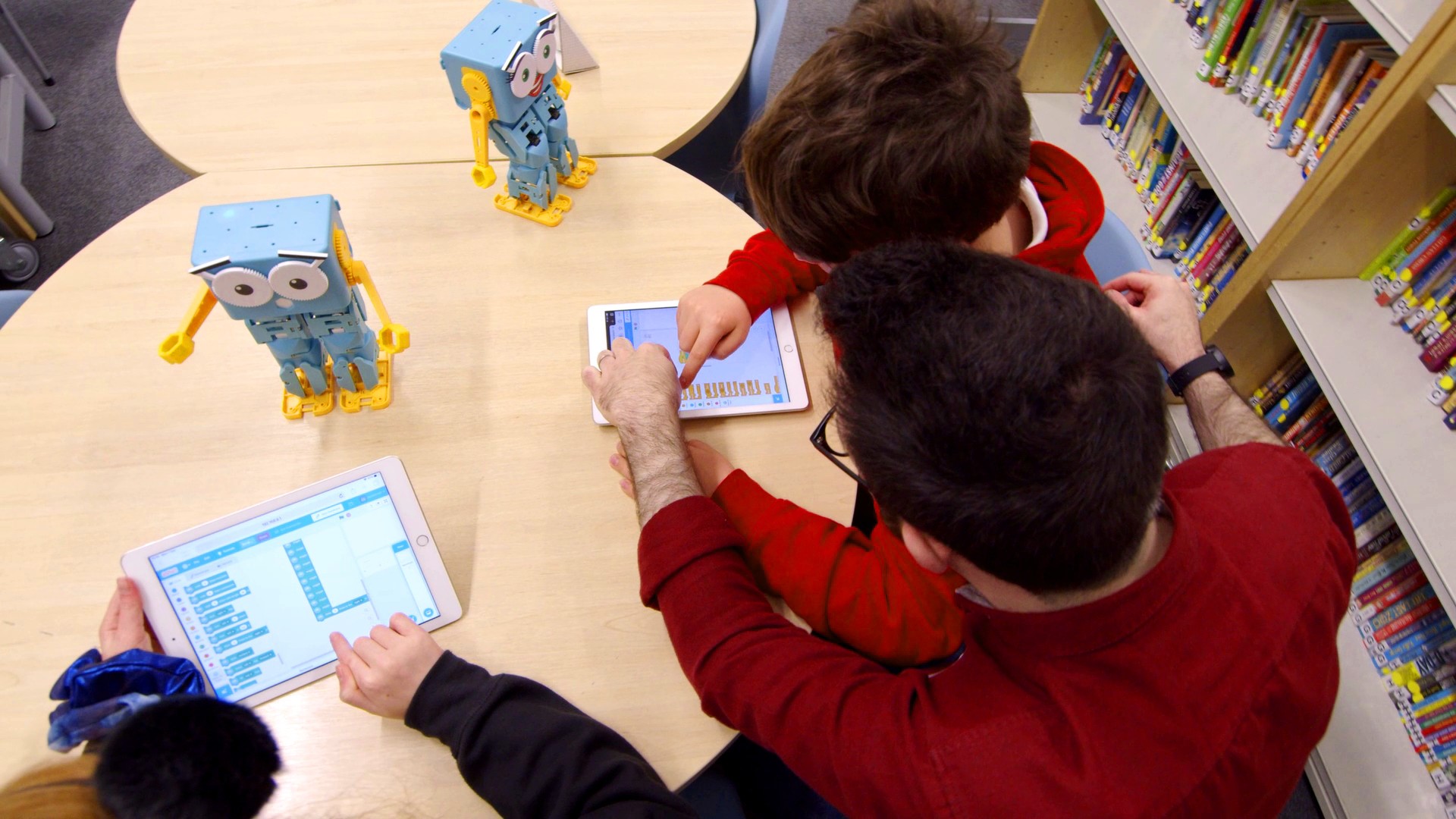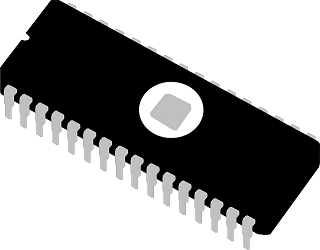Software & Technology
Electronics

Edinburgh has world-leading capabilities in electronics design.
The global aerospace company Leonardo has a facility in Edinburgh specialising in developing radars and countermeasure systems that has won Queen's Awards for Enterprise in Innovation and International Trade. The facility hosts "The Incubator", an innovation centre that collaborates with Edinburgh's academic institutions and tech start-ups.
Our Edinburgh business was originally built in a matter of weeks in 1943 to create gyro gunsights for the iconic Spitfire aircraft and today’s technology is just as ground-breaking. I can think of few organisations that can offer the same level of daily variety where you’re working on exciting technology that could change the path of aerospace engineering globally.
– Mark Stead, Senior Vice President, Leonardo
The American industrial conglomerate Honeywell has a 5,000 square metre (54,000 square foot) manufacturing facility in Newbridge, Edinburgh that produces components and subsystems for the communications, defence, radar, and space industries.
Multiple global electronics companies have design facilities in Edinburgh, including AAC Technologies (next generation micro-electromechanical systems for mobile devices); Cirrus Logic (integrated circuits and software); Dialog Semiconductors (system-on-chip integrated circuits); Analog Devices (analog, mixed signal, and DSP integrated circuits); Indie Semiconductor (microcontrollers); Keysight Technologies (measurement devices); STMicroelectronics (imaging); and Agile Analog (analog IP).
As one of the UK’s top technology hubs, Edinburgh offers us a wealth of university lab access and the opportunity to recruit top-tier local talent with extensive MEMS expertise.
– Colin Jenkins, Lead R&D Engineer, AAC Technologies
Leading electronics companies indigenous to Edinburgh's include Sofant Technologies (a developer of smart antennas); Trig Avionics (a developer of avionics products including transponders and radios); pureLiFi (the pioneer of "Li-Fi": the use of light fixtures for wireless data transmission); UnikLasers (a photonics company specialising in single-frequency DPSS lasers); Chromacity (a developer of ultrafast fibre laser technology); and Dukosi (a developer of "intelligent cell" battery optimisation chips). The city has a vibrant start-up scene that has given risen to exciting companies such as Skoogmusic (creator of music-based assistive technologies), WeeKett (which has a developed a smart kettle), and Manus Neurodynamica (which has developed a digital pen that can be used to help diagnose Parkinson's disease and other conditions).
The University of Edinburgh hosts the Scottish Microelectronics Centre, which offers companies access to specialist facilities (including a cleanroom for product development and pilot manufacturing and a semiconductor fabrication toolset) and expert support in areas including nano-fabrication, semiconductors, and micro-electro-mechanical systems. The University also hosts the Institute for Integrated Micro and Nano Systems.
Space
Edinburgh is a hub for Scotland's burgeoning space sector. The city is home to Skyrora, which designs, manufactures, and deploys rockets for use by small satellite manufacturers, and to Alpha Data, which manufactures radiation-resilient components for the NewSpace market. The Dutch Celestia Technologies Group has established a laboratory and assembly facility in Edinburgh specialising in satellite antenna for aircraft. Other Edinburgh-based companies active in this fast-growing sector include Ecometrica (which uses satellite data for environmental monitoring) and AstroAgency (a specialist communications and market intelligence agency for the space sector). The UK Space Agency - the executive agency that supports the UK's space ecosystem - has a regional office in Edinburgh, while Space Scotland - the voice of Scotland's space industry - is based in the city.
We moved to GRID at Heriot-Watt University in January 2020, having chosen Scotland because of its burgeoning space sector, which is characterised by a high level of skill, R&D and investment. To fuel our growth, we're able to build a team from a wealth of talent on the doorstep at Heriot-Watt and other universities, as well as from professionals within the Scottish space industry who value the location, facilities and beautiful environment of the Research Park.
– José Alonso, Chair, Celestia Technologies Group
Edinburgh is home to the UK Astronomy Technology Centre (ATC), the UK's national centre of excellent for the development of astronomical instrumentation and facilities. The ATC designs and builds state-of-the-art instruments including cameras, spectrometers, and telescope systems. The ATC also houses the Higgs Centre for Innovation, a business incubator for companies in the fields of astronomy, particle physics, and data-intensive science.
The Hub Optical Ground Station (HOGS) at Heriot-Watt University aims to demonstrate and test satellite quantum secure communications as well as supporting research into fields such as astronomy and astrophotonics.
The Bayes Centre of the University of Edinburgh conducts a huge range of research relating to the space sector.
Scotland is a global hub for satellite manufacturing and the analysis of satellite data, and it is increasingly becoming a leading destination for satellite launch. We have seen a significant rise in space organisations across the Scottish space ecosystem and it's crucial we nurture their skills and expertise, and connect them with the wider sector, to ensure we continue this journey.
– Dr Paul Bate, Chief Executive Officer, UK Space Agency
Robotics
Robotics is an emerging sector in Edinburgh. The Edinburgh Centre for Robotics - a collaboration between the University of Edinburgh and Heriot-Watt University - conducts research and provides education up to PhD level. The £22.4 million National Robotarium opened in Edinburgh in September 2022.
We are a centre of research excellence, with world-class, top-quality scientific research in robotics, autonomous systems and artificial intelligence. As a world-leading centre, the international prestige of our work attracts global interest that in turn brings businesses to Scotland. It also helps us create exciting start-ups, aligning what they do with relevant business sectors and connecting them with international marketplaces.
– Professor David Lane, Director, Edinburgh Centre of Robotics
Edinburgh-based companies active in this burgeoning sector include Robotical (the creator of the programmable robot "Marty"), Crover (the developer of Crover, a robotic device for monitoring stored bulk solids such as grain), and SeeByte (which develops software for autonomous underwater vehicles and sensors).

Contact us
Is your organisation interested in locating or expanding in Edinburgh? If so, please get in touch to discuss how we can provide free and confidential support for your project.